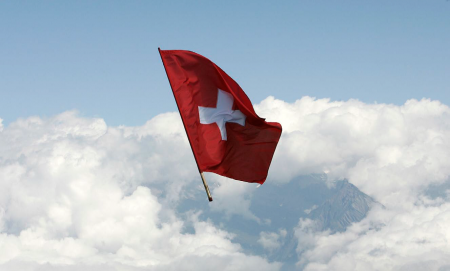
The 6-month anniversary of the Occupy movement in the United States brought much rhetoric along with promises of the blossoming of an American Spring. From elections to high-profile summits, 2012 will be a busy year for protesters. Meanwhile, the U.S. government and local governments will no longer be caught flat-footed in response, and are gearing up for a year of civil unrest.
Nowhere will local restrictions on protest be more publicly displayed than in Chicago next month. As the city prepares to host the NATO Summit, Occupiers are making plans for hundreds of thousands of protesters to descend on the city in order to speak out against international displays of violence by NATO forces and the “effects of the economic crisis caused by the leaders” who will be gathering in the city.



